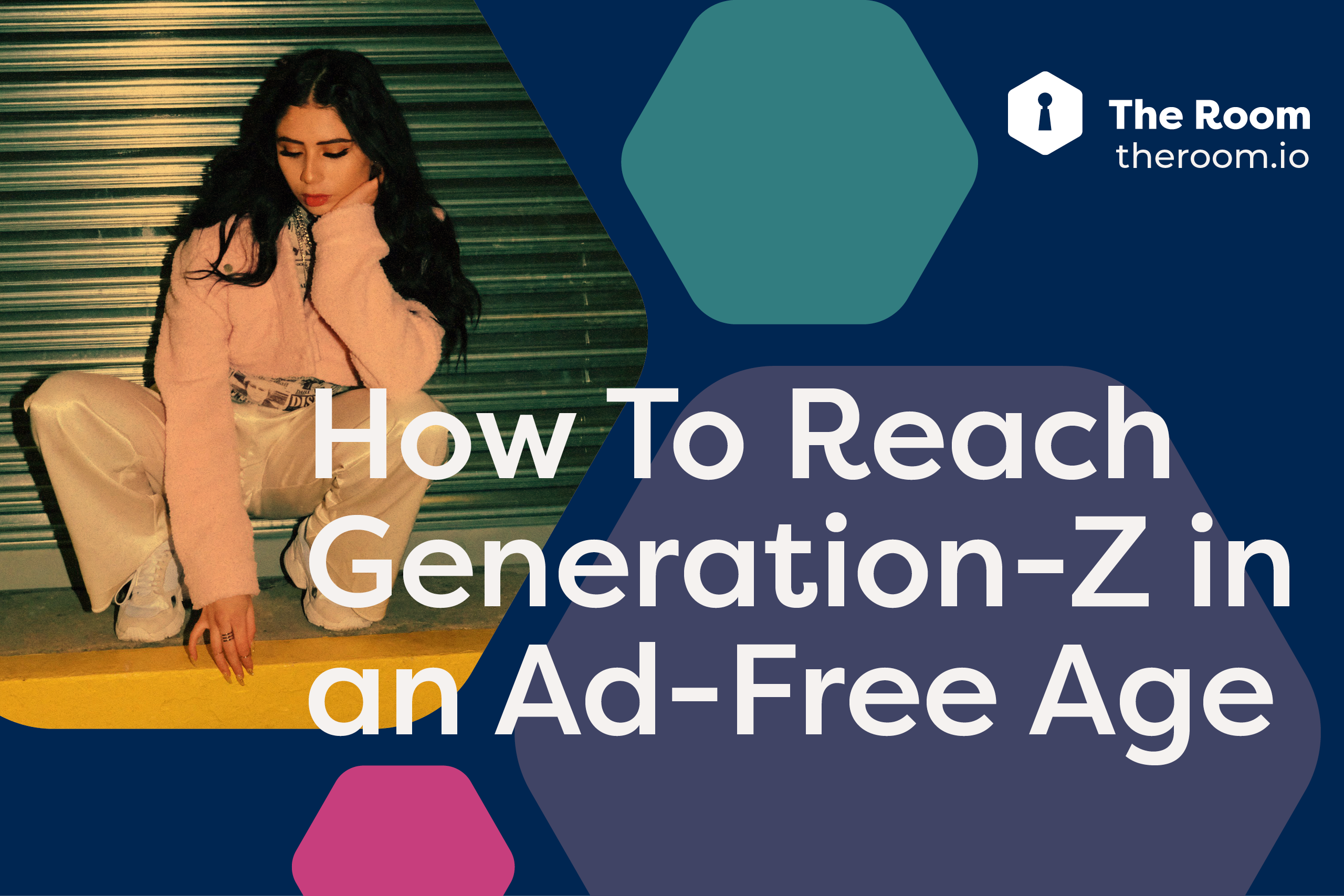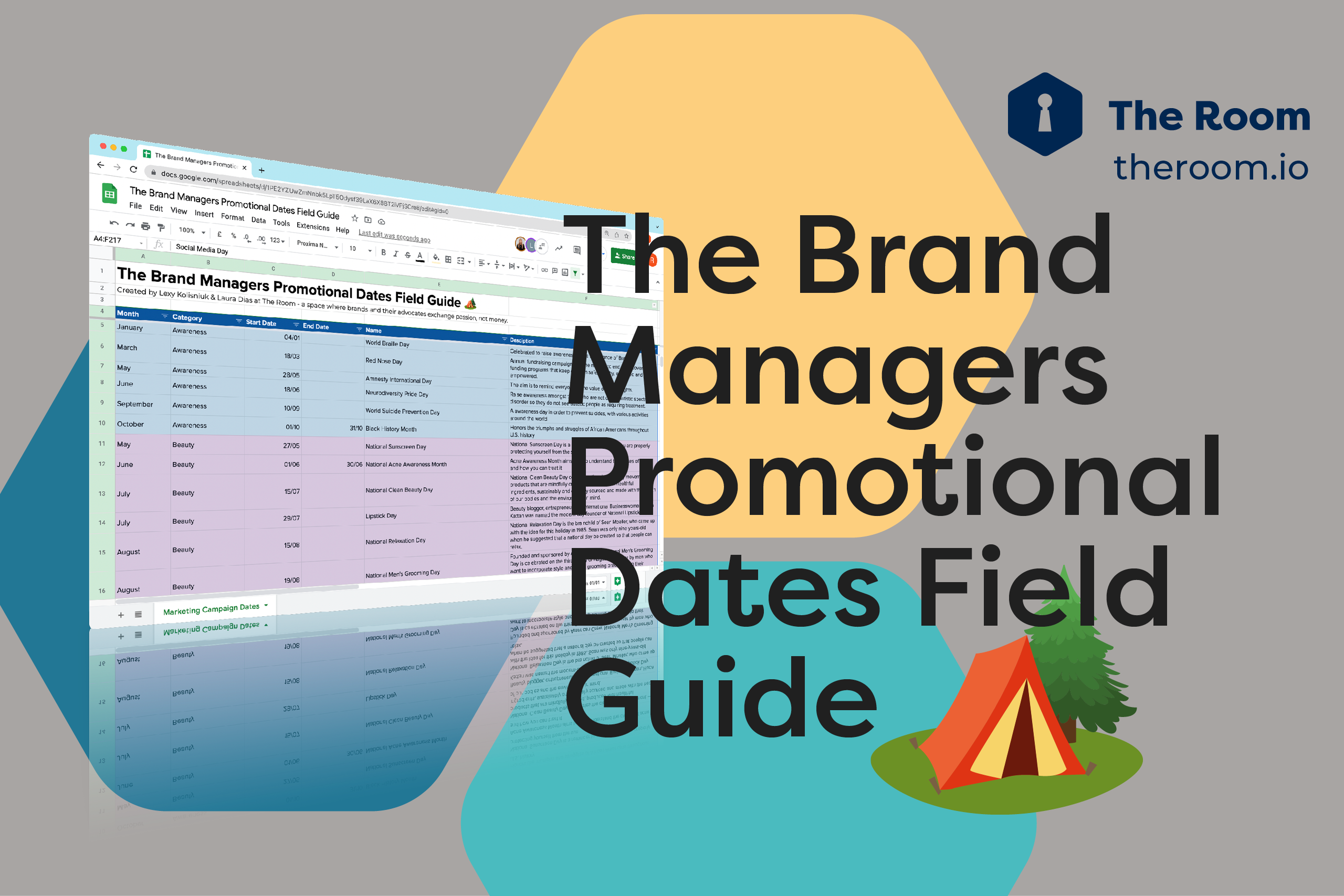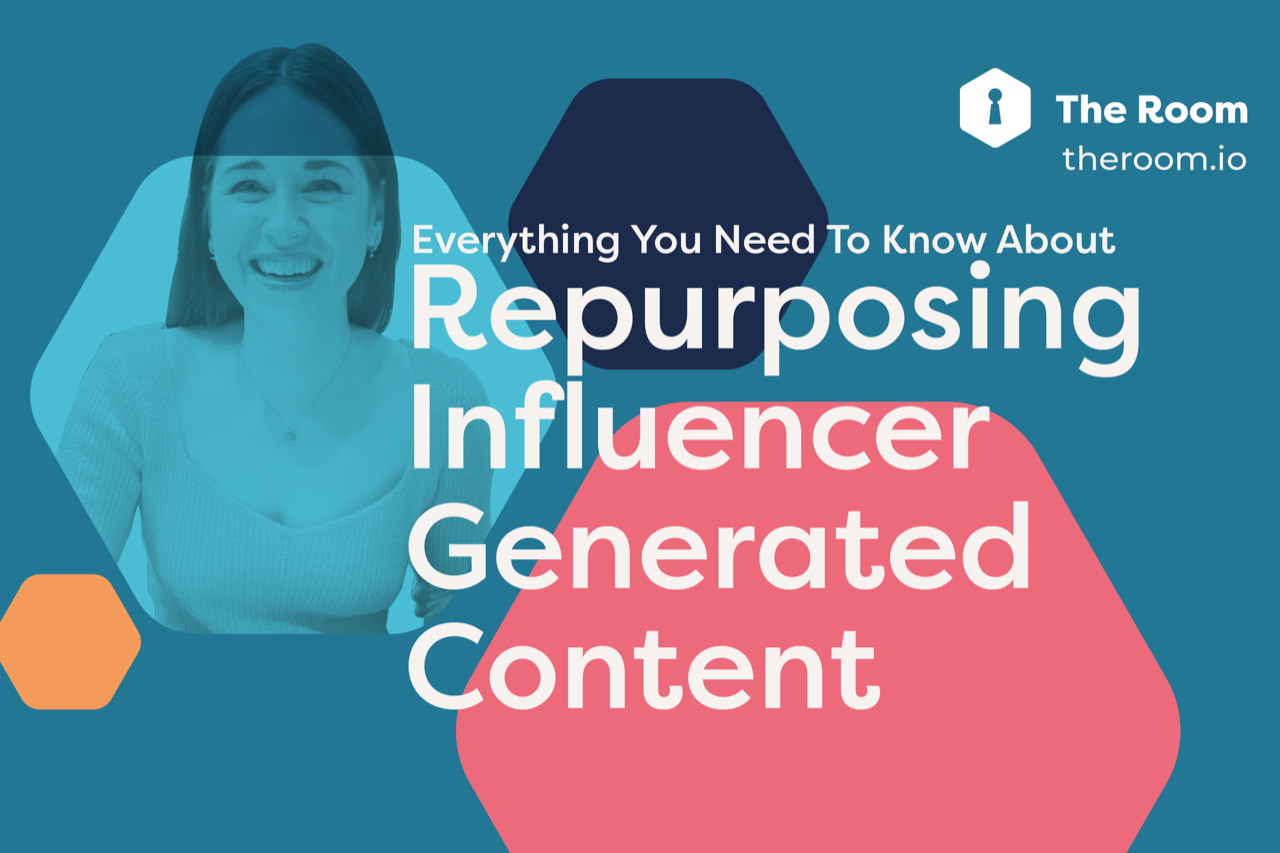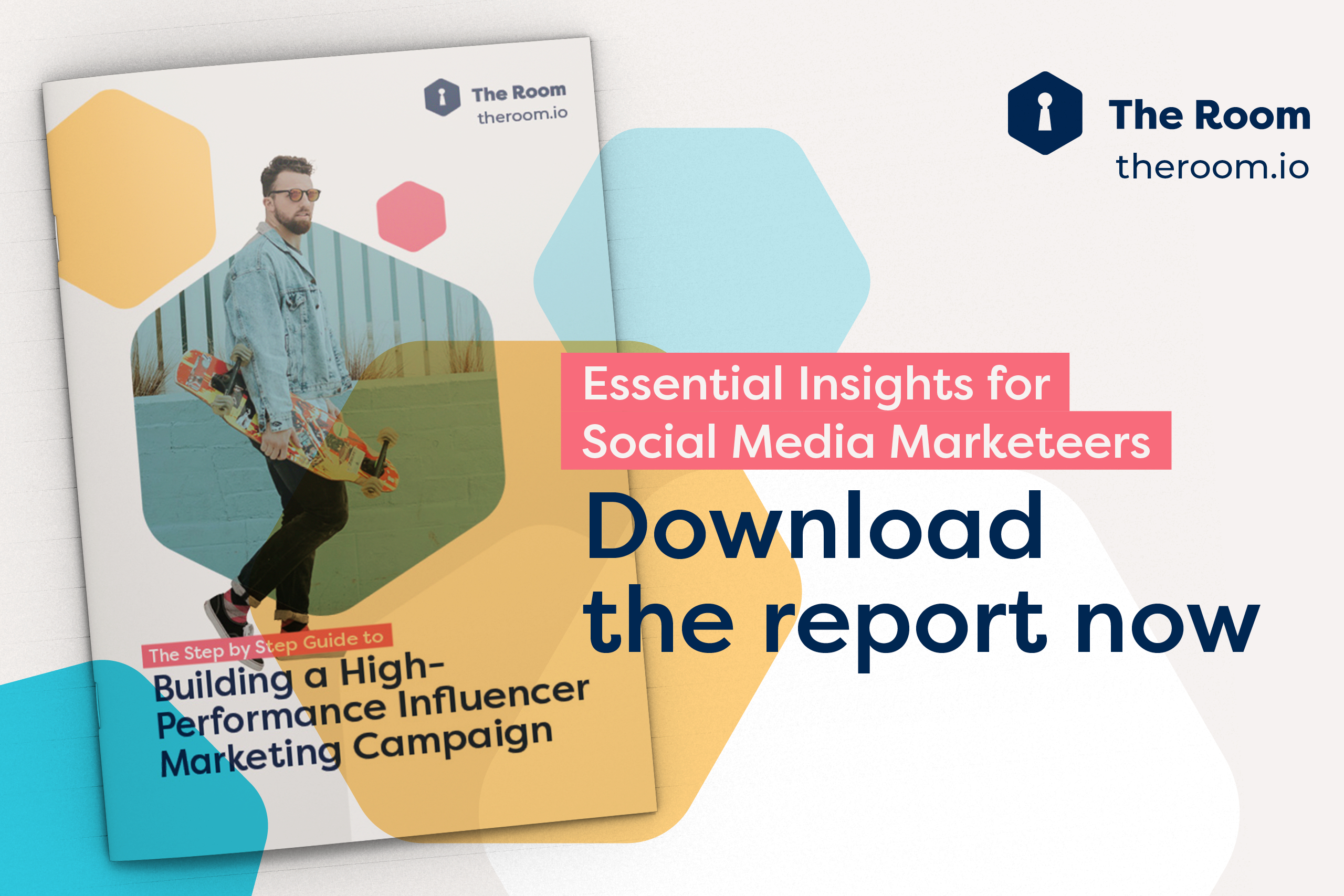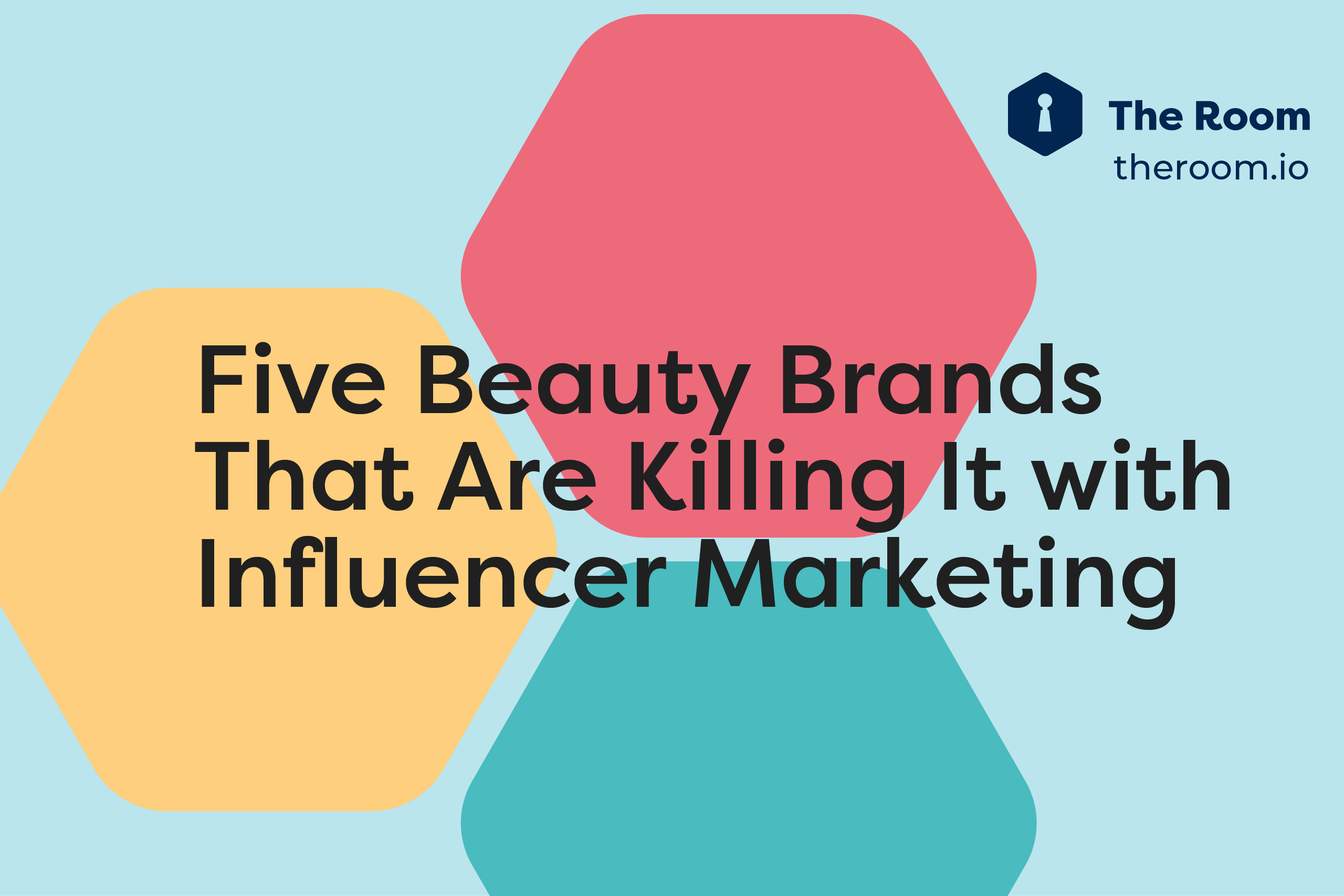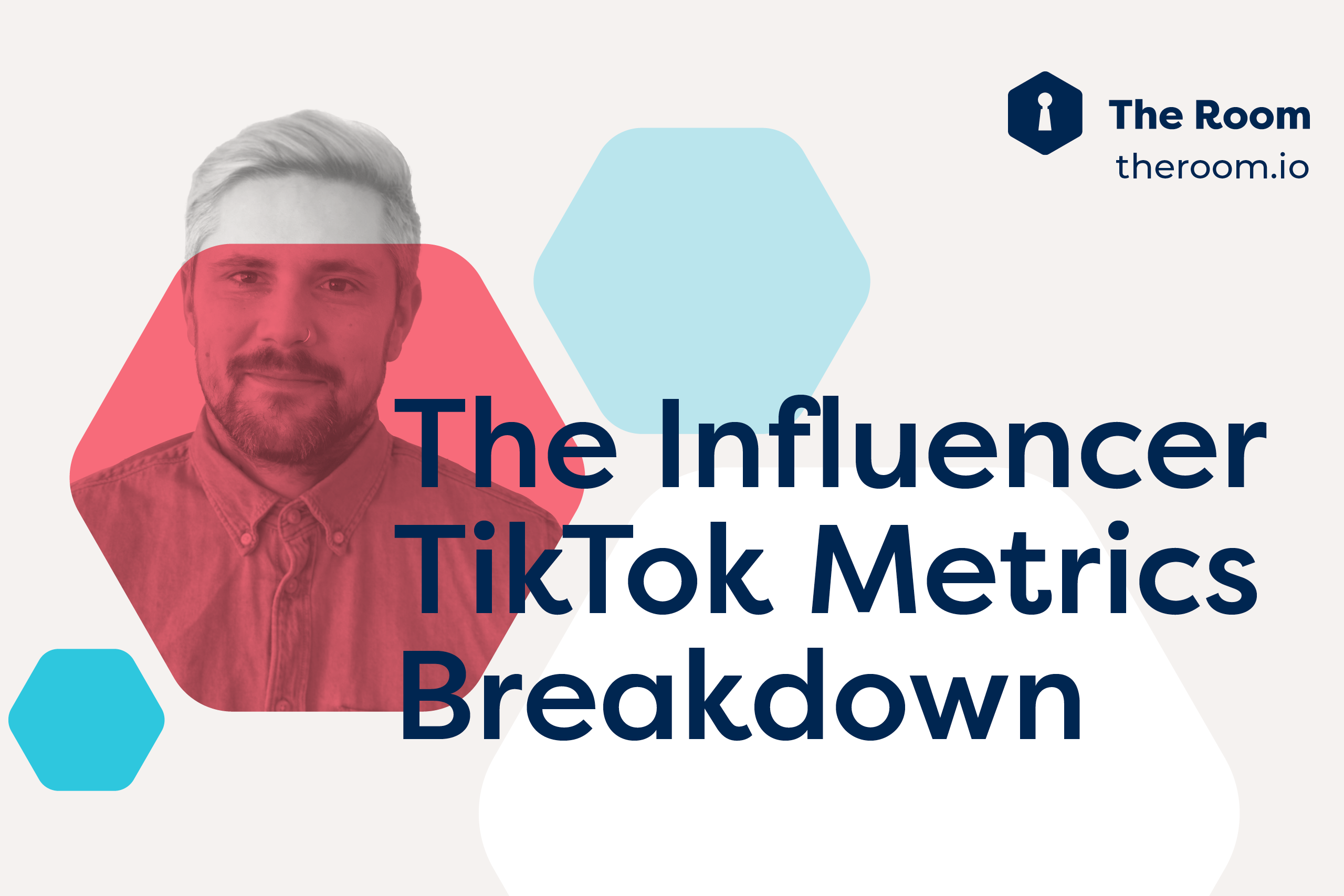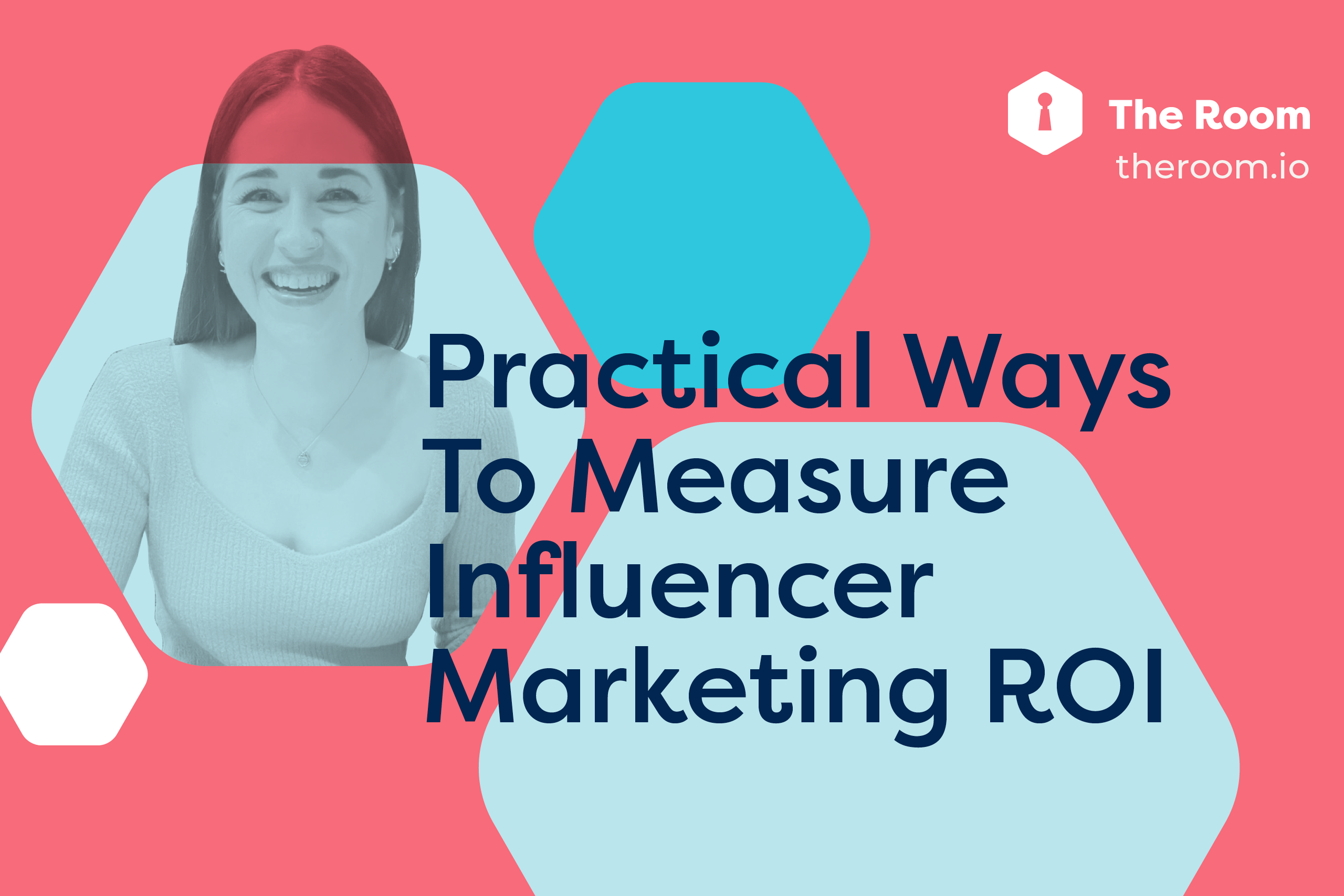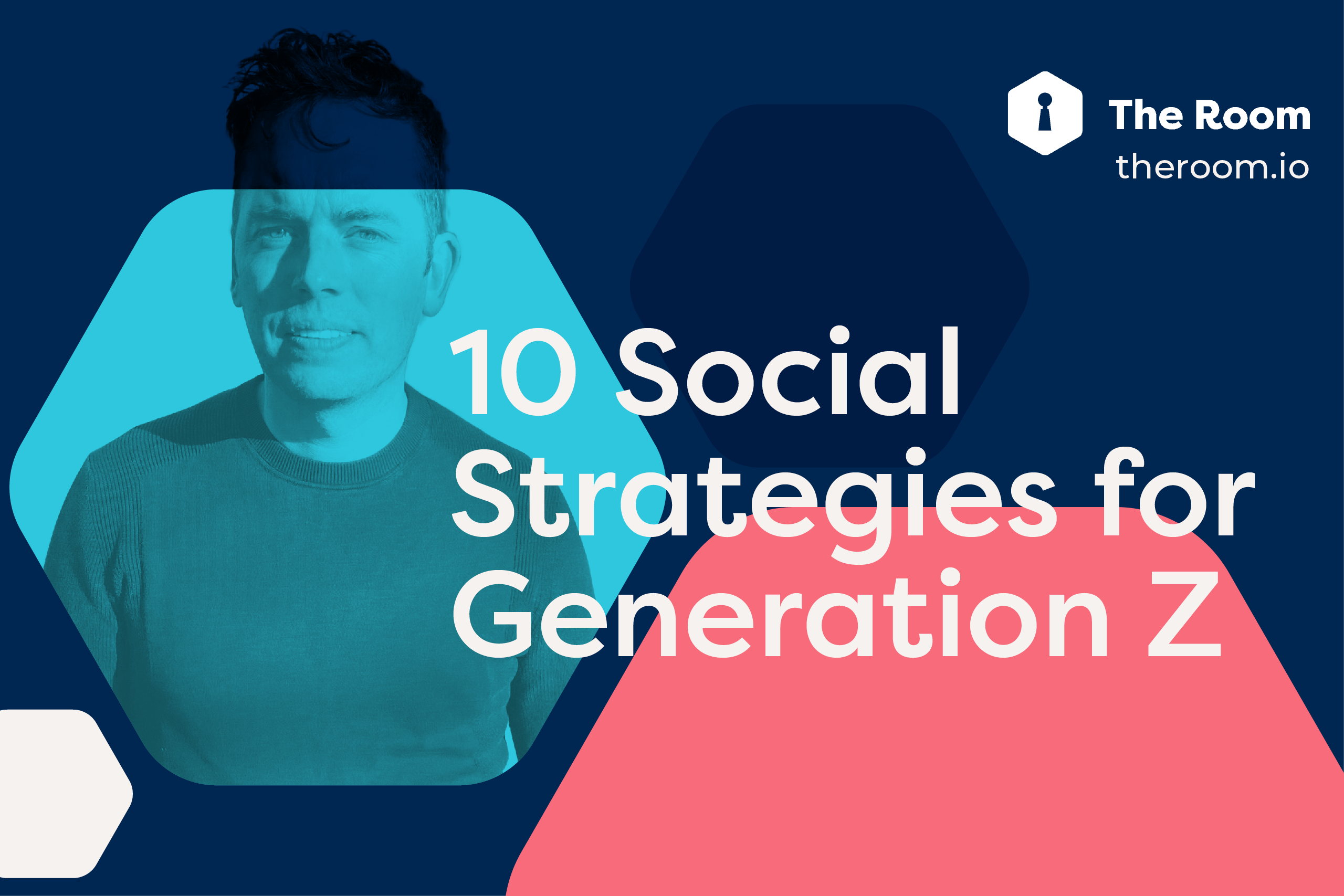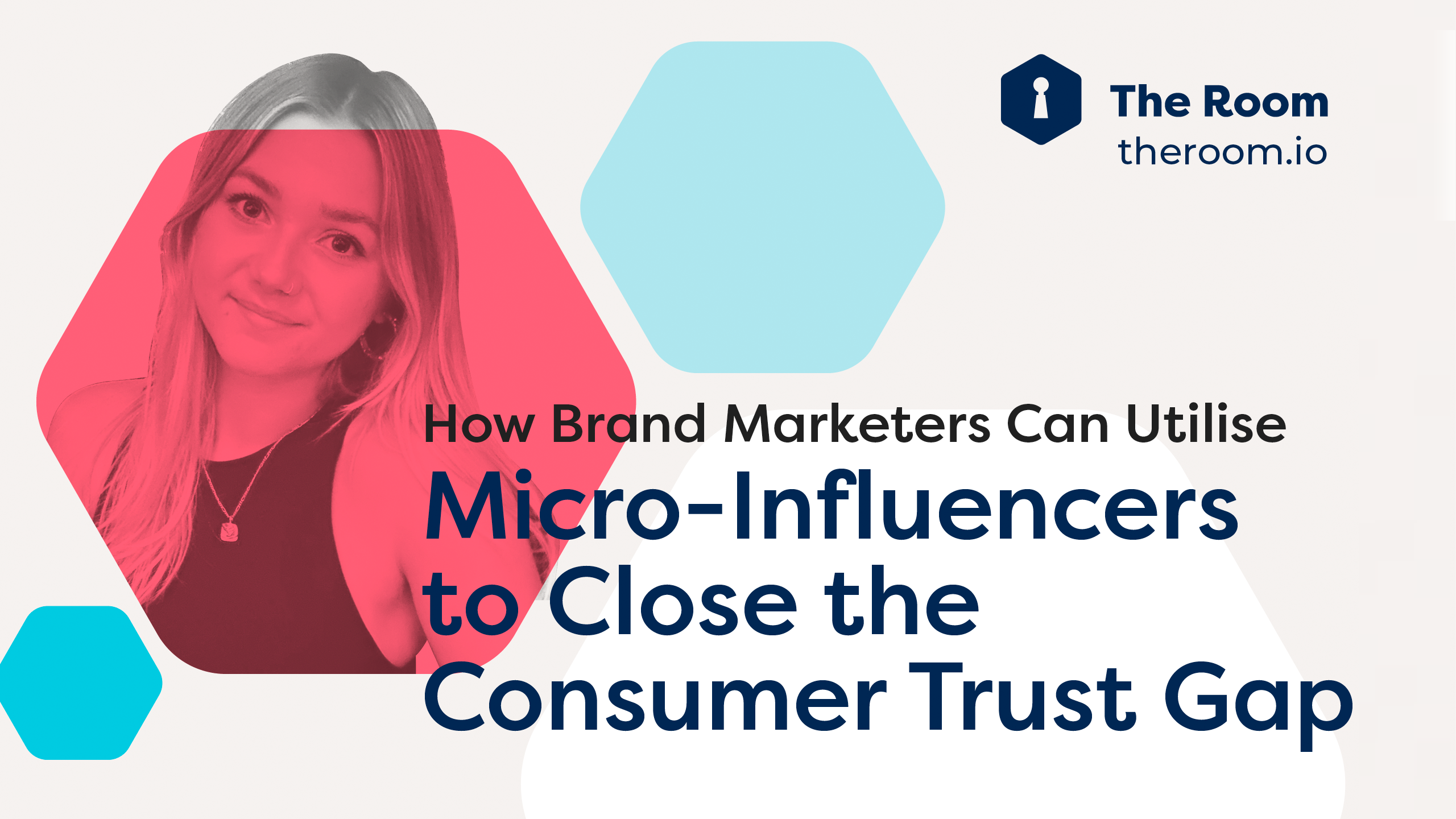Influencer marketing is fast becoming a channel for brands to acquire new customers, enhance brand awareness with new audiences and increase conversations around brand activations. Traditional marketing budgets are being re-jigged to favour digital, social and influencer marketing - and with this there is a necessity to monitor and measure influencer marketing campaign effectiveness.
Determining ROI can be a challenge, therefore deciding on the metrics and ways to measure the success of a campaign will focus the campaign, and also provide brands with insights when it comes to reporting on what worked and what didn't.
Content
Content is an essential deliverable from an influencer campaign, and integral to measuring the success of an campaign. Be it gifting product, a service or experience the level of commitment from an influencer in return is content - in the form of YouTube videos, Instagram posts, Instagram stories, Tik Tok's, blogs, Twitter posts, and associated press articles. The content that is generated for a campaign not only is organic, but authentic and will provide a brand with relatable stories and content to re-purpose on their channels to increase brand awareness and target new demographics.
Assessing the percentage of budget saved on allocating to influencer content marketing campaigns rather than shooting content in-house is an important aspect of measuring the impact of content generated influencer campaign.
Understanding engagement metrics
Engagement metics are now considered a better indication of campaign performance for influencer marketing in comparison to traditional metrics such as conversion. Determining engagement across influencer content gives a good indicator of how your brand is received from current and new audiences. Engagement is measured by likes, views, clicks, shares, comments, true reach, impressions and clicks which reveals audience engagement, sentiment and loyalty. Understanding engagement metrics allows you to determine the long-term estimated media value by calculating the cost per engagement, which assists in proving the worth of influencer content campaigns. It is a great way to understand an influencer's impact on lower-funnel goals, as this metric indicates consumers interest in the brand, not just the product.
The industry benchmarks for engagement on social platforms are as follows:
Linkedin: 0.05% average engagement
Instagram: 3.00% average engagement rate on The Influence Room influencer content
Facebook: 0.05% average engagement
Generate unique URL's
Creating unique URLs for individual influencer campaign and content is a useful way to measure each individual influencer's 'influence' on a campaign. The use of unique links will allow you to track traffic, click throughs, bounce rates, time on site and associated purchases with a specific UTM links. Based on this, you can find the commercial success of your campaign and also measure the performance of each individual influencer. Trackable links provide insight into the origin of your conversions; however, influencers do not receive commission on sales with this method. By setting specific parameters based on the campaign name, source and medium, this allows you to easily track and attribute certain lower-funnel metrics to particular influencers.
Interested in Influencer marketing? Or looking for brand ambassadors and authentic content to supplement and support your marketing campaigns for 2020? Look no further, contact us today.
hello@theinfluenceroom.com

